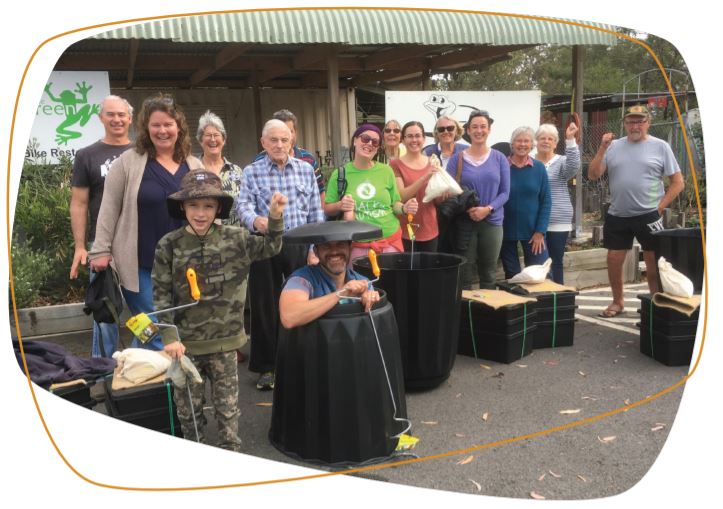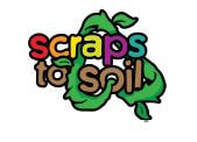|
Annette James, Education Coordinator, Midcoast Council My thanks to Ron, Stef and the team for inviting me to add a few words to this first edition of the MidCoast Growers Network website. Since moving to the MidCoast region a few years ago, I have been on a fascinating journey of discovery about food and production in this beautiful region. In this time the region has been in a sway of drought, bushfires and flooding rains, to both survive, and to recover. When Stef and Ron sought to create a resource guide of local information to build resilience to our changing climate, I knew it could be an important addition for all home and community gardeners. Creating a guide, a series of resources from shared experiences, would benefit not just the lay gardener like myself, but it would connect me to a network of people with inspirational local knowledge. As you know, the structure and composition of soil is a vital life force and that a soil rich in humus and nutrients adds to that vigour. One of my challenges in waste education and resource recovery at MidCoast Council is to build the percentage of waste diverted from landfill. One third of all household waste thrown away, and sent to landfill, is organic and compostable. The problem is, in landfill it contributes to methane production. The organic waste also contributes to landfill leachate. I am not telling you anything new - the environmental risks associated with landfill and the potential impacts are well known. What you may not know is just how important YOU are in reducing organic waste going to landfill. Composting garden and kitchen waste not only provide rich plant food and fertiliser for your garden, but is a vital part of the cycle of sustainability. MidCoast Council’s Scraps to Soil program aims to move this food waste from the household red landfill bin into compost. Whilst COVID-19 has interrupted our Scraps to Soil program, it is hoped we can return to ‘normal’ sometime soon, and extend our workshops offerings through this Network. I welcome the MidCoast Growers’ Guide: Building Resilience to a Changing Climate as an important adjunct of detail and inspiration for MidCoast growers.
Something to consider if you do not have a garden is to get involved in your local community garden. Community gardens provide a great opportunity to learn about food production, composting and much more. I believe it's intrinsically important to be connected to nature and a garden can provide endless enjoyment. The details are here and if I can assist your school or community groups learn more about waste diversion please contact me at [email protected] Spring is a wonderful time to get gardening. Cheers, Annette
0 Comments
Leave a Reply. |
AuthorArchives
February 2023
Categories |



 RSS Feed
RSS Feed
